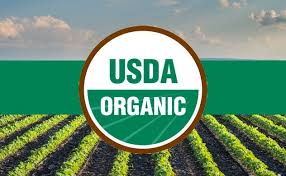
(UNDATED) – This is the fifth update in the six-part series highlighting changes outlined in the Strengthening Organic Enforcement (SOE) proposed rule and explaining how they apply to members of the organic community, from farm to table.
Part Five: On-Site Inspections, Organic Inspectors
and Grower Groups
Inspections are the primary tool certifiers use to assess the compliance of certified organic operations. SOE will standardize and strengthen requirements for on-site inspections. Certifiers must:
- Conduct unannounced inspections of at least 5% of operations they certify annually.
- Conduct mass-balance audits and trace-back audits during full inspections to:
- Confirm quantities of organic products received match what is sold.
- Verify a product’s source and chain of custody.
A Critical Link
Organic inspectors are critical to making sure farms and businesses comply with the USDA organic standards. SOE specifies the minimum experience, training and educational requirements for organic inspectors. Defining and enforcing this criteria will ensure that all organic operations are inspected by qualified individuals who apply the organic standards consistently.
Consistency is Key
Grower groups have a unique system of certification. Multiple members organize under a single organic certification and are governed using an internal control system as an additional layer of oversight. SOE outlines practices certifiers must use when certifying and inspecting grower groups. The clearer requirements will help standardize and strengthen oversight of these specialized certification systems.
Make Your Voice Heard
Let officials know how these proposed changes will impact you and see what others are saying at Regulations.gov, linked from the AMS web page for SOE.
Deadline for public comment
October 5, 2020 at 11:59pm Eastern
Includes links to the Federal Register announcement and other resources.



